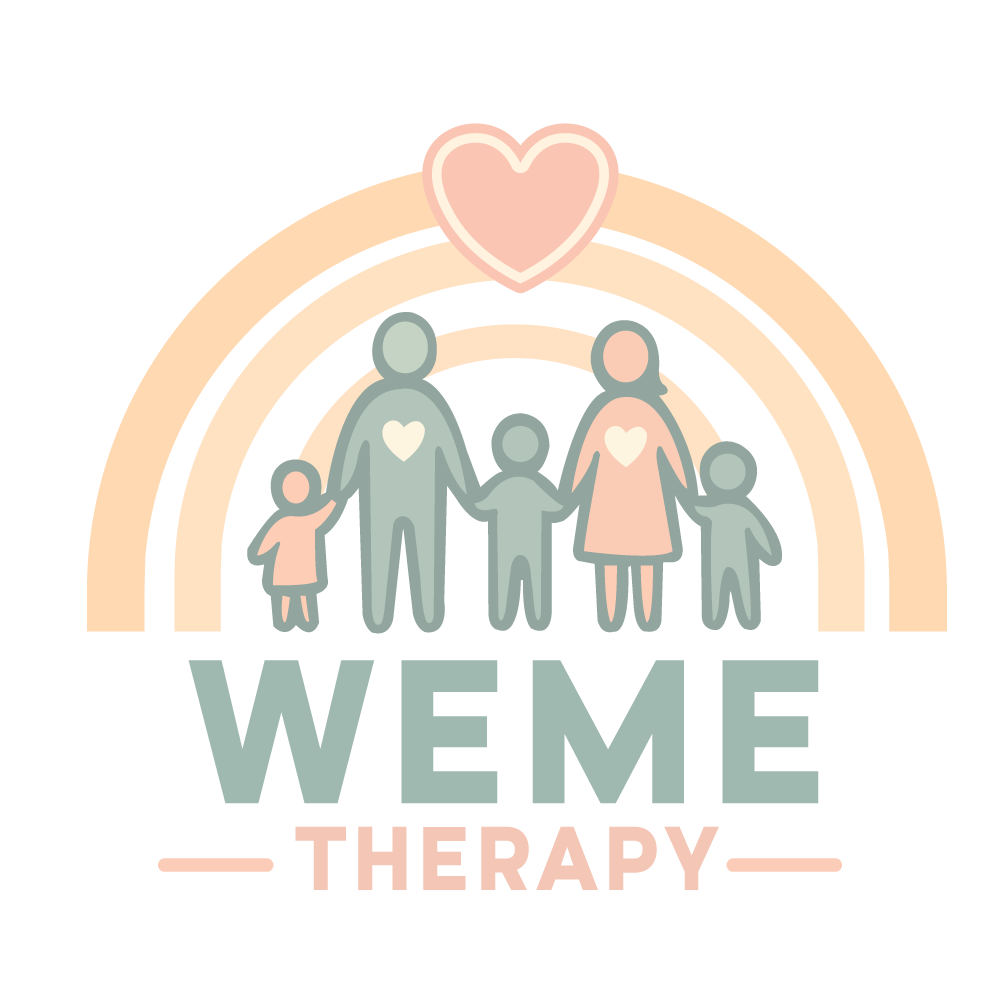Neurological and Genetic Disabilities
We meet children exactly where they are, using evidence-based and heart-centered strategies to support their learning, communication, and independence in a way that feels natural and joyful.
Neurological & Genetic Disabilities Support
Every child has a unique way of learning, growing, and connecting with the world. At WeMe Therapy, we honor that uniqueness by providing compassionate, personalized support for children with neurological and genetic disabilities. Whether your child has a diagnosis like Down syndrome, cerebral palsy, or a rare genetic condition, our goal is to empower them with the skills, tools, and confidence to thrive.
We blend science-backed techniques with a heart-centered approach to nurture development, promote independence, and celebrate progress—no matter how big or small..
Our Approach Includes:
Individualized Developmental Plans
Tailored goals and supports based on each child’s strengths, needs, and abilities.Communication Support
Helping children develop meaningful ways to express themselves—whether through speech, signs, devices, or gestures.Functional Life Skills
Building everyday skills like dressing, feeding, toileting, and mobility to foster greater independence.Collaborative Care
Working closely with families, educators, and other providers to ensure consistent support across all environments.Sensory & Motor Integration
Supporting regulation, coordination, and body awareness through fun, purposeful movement and sensory play.Joyful, Strength-Based Therapy
We focus on what your child can do, using their interests and preferences to guide and motivate learning.
Symptoms of Developmental Assements
Delayed speech or language skills
Difficulty with motor coordination (fine or gross motor)
Trouble following instructions or routines
Challenges with social interaction or making friends
Limited eye contact or communication
Frequent tantrums or difficulty regulating emotions
Delayed cognitive or learning skills
Sensory sensitivities (e.g., to sound, touch, light)
Difficulty paying attention or sitting still
Struggles with independence in daily activities
Repetitive behaviors or fixated interests
Regression or loss of previously acquired skills
Get in Touch with Our Experts
Contact us today to learn how we can help.
